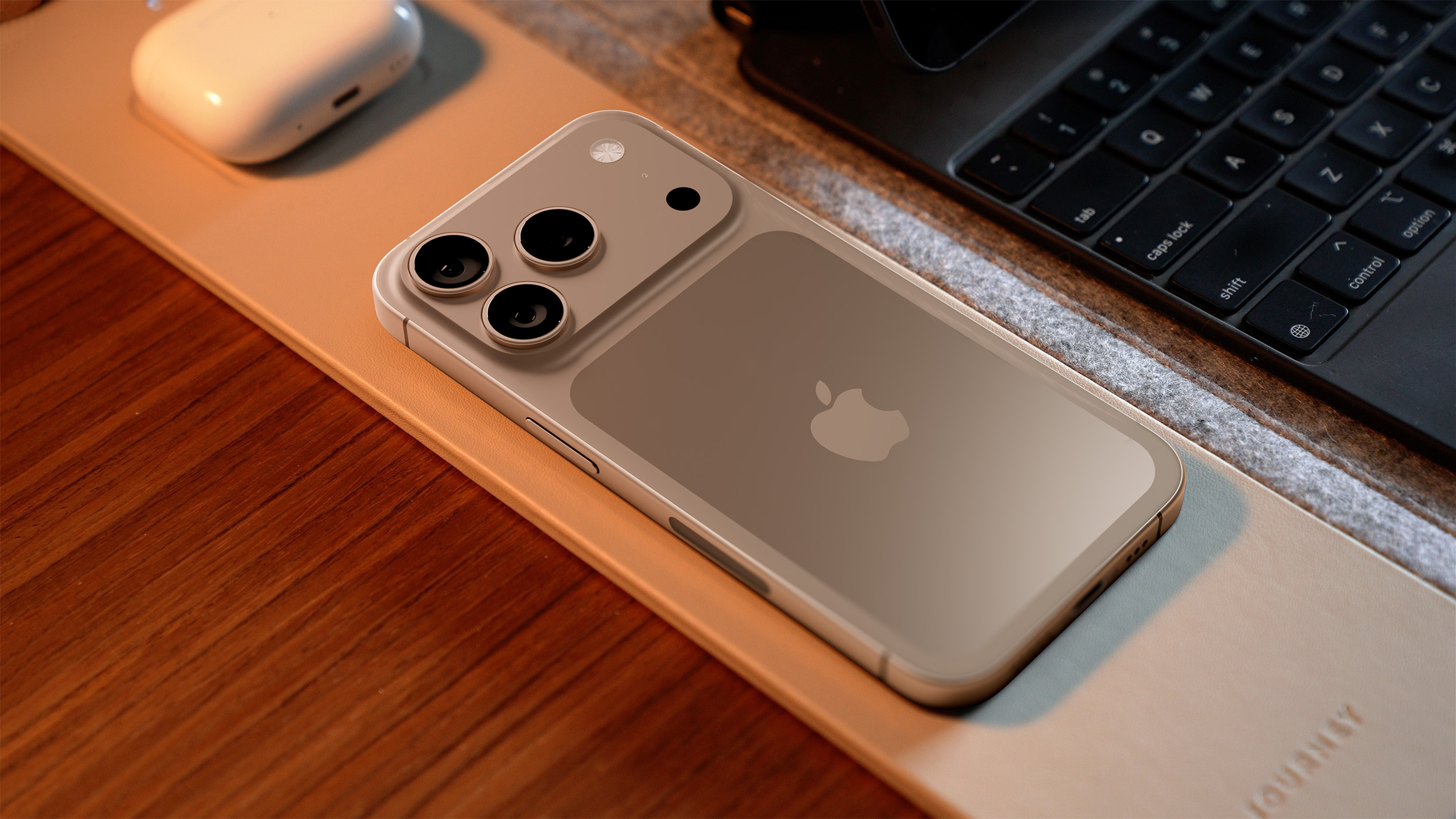
Apple is expected to implement a $50 price increase across its iPhone 17 lineup when the new models launch in September as a way to offset rising component costs and China tariffs, according to a new investor note by Jefferies analyst Edison Lee.

The price hike is expected across all iPhone 17 models, including the regular iPhone 17, iPhone 17 Air (replacing the Plus model), iPhone 17 Pro, and iPhone 17 Pro Max. Current iPhone models range from the base iPhone 16 starting at $799 to the iPhone 16 Pro Max at $1,199.
The analyst's prediction came as it gave AAPL stock a Hold rating, citing strong iPhone sales in the second quarter of 2025. U.S. telecommunications companies reported a 22% year-on-year equipment growth, their highest in six quarters, according to the analyst's note.
The Wall Street Journal reported in May that Apple was considering raising prices for its upcoming iPhone 17 models. The company reportedly aims to pair the potential price hikes with new features and design changes to justify the increased cost to consumers, rather than attributing them to U.S. tariffs on goods from China.
Note: Due to the political or social nature of the discussion regarding this topic, the discussion thread is located in our Political News forum. All forum members and site visitors are welcome to read and follow the thread, but posting is limited to forum members with at least 100 posts.
Article Link: iPhone 17 Models May See $50 Price Hike, Says Jefferies
Last edited:

